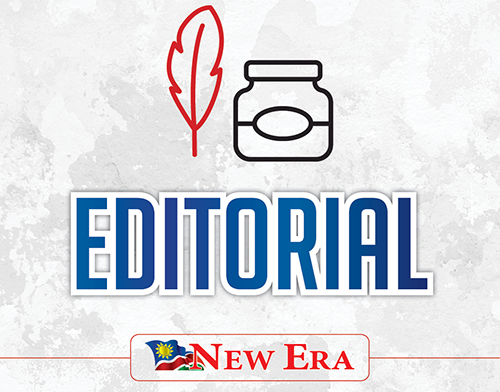A very important moment unfolded in the National Assembly this week when parliamentarians finally passed the long-awaited Access to Information Bill, a critical piece of legislation that will in future enable citizens to not only exercise their voice but effectively monitor and hold the government to account.
The Bill, which has been on Parliament’s radar since 2020, will now have to go through the National Council before President Hage Geingob signs it into law.
The passing of the Bill is, without doubt, an important milestone for the Geingob-led administration, which has placed a huge premium on transparency and accountability as one of the hallmarks of effective and good governance.
The Access to Information Bill aims to promote the public’s free access to information, held by public entities and to compel public and private entities to proactively and promptly make information available.
The information ministry will be required to appoint an information commissioner and a deputy information commissioner to promote the right to access to information among the public through awareness campaigns as well as educational and training programmes.
Furthermore, all public entities are required to assign personnel as information officers to facilitate the provision of information to the public within their entities.
With the enactment of this Bill, the culture of secrecy that has contributed to corrupt activities thriving under the apartheid-era laws, such as the so-called Protection of Information Act, will be nipped in the bud.
The public, through mass media, would have easier access to information that is in the public domain and could promote transparency.
Allowing free access to information is synonymous and goes hand-in-glove with democracy, particularly on the African continent, where repressive and autocratic, secretive and opaque regimes ensured the general public did not have easy access to much-needed information.
Allowing the public easy access to information enriches the ground for democracy to thrive for the benefit of the public that has a larger stake in how their government operates.
A well-informed electorate chooses people with impeccable credentials to govern them and not people with dubious credentials, who are unfit for public office.
Freedom of information is a fundamental human right.
One of the core features of a democratic dispensation is the ability of the public to hold leaders and government accountable for their actions.
It is, therefore, our sincere hope that once fully signed into law, the access to information legislation will ultimately promote openness within government offices, ministries and agencies – and eliminate a culture of secrecy, which has been seemingly ingrained in so many of our government institutions.



